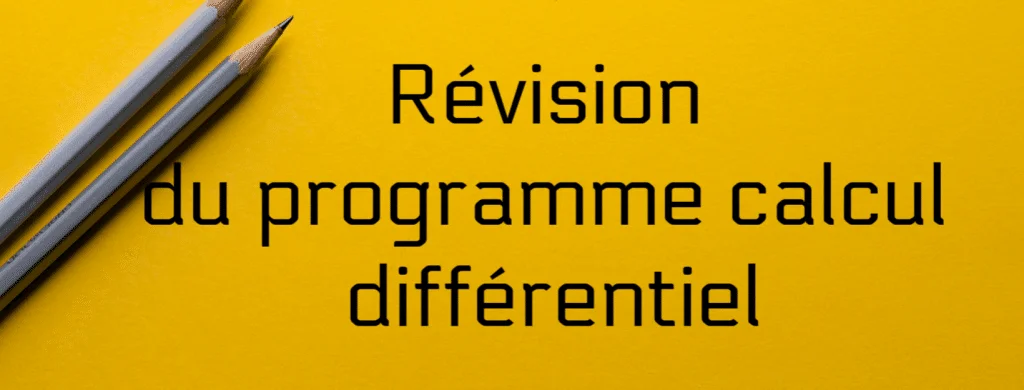Fifth year of elementary school
A school year is a time of learning for students. As a parent, you want to review your child’s 5th year of elementary school. He’s already starting his last cycle of elementary school. This page will give you access to the essential knowledge for grade 5. What’s more, it gives you privileged access to fabulous resources to support your youngster throughout the school year. In short, this page is a one-stop guide to grade 5 review. It’s all based on the Quebec Education Program[1], available on the Ministry of Education and Higher Education of Quebec website.
Common spelling and word meanings
Here’s what your youngster needs to master:
- Use a dictionary correctly
- Know the rules of letter position
- Rules for capitalization and periods: capitalization of people’s names
elision rules: the apostrophe before a silent “h” or a vowel and hyphenation rules - Distinguishing the following homophones: à/a, ma/m’a/m’as, la/l’a/là, ça/sa, sont/son, ont/on, ou/où, ses/ces/c’est/s’est/sait/sais, ce/se
- Neologisms: new words
- Prefixes and suffixes
- Compound words and tag words
- Literal and figurative meanings
- The lexical field
- Synonyms and antonyms
Grammar and the agreement system
For these essential skills, your student must know :
- Word classes
The name
- Gender and number of nouns
- Adding the x for the plural of certain nouns
- Understanding that the noun is a giver of agreement
The determinant
- Listen: how to recognize a determiner and agree it with its noun
The adjective
- Formation of plural and feminine adjectives
- Adjective agreement, agreement followed by an attributive verb and agreement with several nouns of the same gender
The verb
- The conjugated verb and the infinitive verb
- Identify a conjugated verb in a sentence
- Verb agreement with: an indefinite pronoun and with a relative pronoun (who)
- Past participle agreement: as an adjective, with the auxiliary to be or an attributive verb and with the auxiliary to have
The pronoun
- Personal pronouns (le, la, l’, les and leur)
The adverb
- The formation of -ment adverbs
The preposition
- Preposition characteristics
- Choice of preposition
The conjunction
Listen to learn more about the conjunction
Groups
- The noun phrase: identify recipient words, agreement and the noun complement function in the noun phrase.
Syntax and punctuation
Fifth-graders need to learn the essential concepts in the next paragraph.
Recognize the different constituents of the sentence, i.e. :
The subject
- Identify the group subject
The predicate (verb group)
- Identify the conjugated verb
- Distinguish between verb-group constructions
The sentence complement
- Identifying sentence complements
Different sentence constructions :
- The simple sentence (a single conjugated verb) and the complex sentence (more than one conjugated verb)
- Without conjugated verb
- Positive structure and negative sentences
Type of phrases
- The declarative sentence
- Interrogative sentence structure
- The imperative
The ponctuation
- Know the sentence delimiters: period, exclamation mark and question mark.
- Commas: to separate elements in an enumeration, and to delimit the complement of a sentence in mid-sentence and at the beginning of a sentence.
- Punctuation to mark reported speech: dashes, colons and quotation marks (direct speech).
Conjugation
The young person must retain and understand the various conjugations and endings that follow. They must also be able to transform a conjugated verb into an infinitive.
- The present infinitive
- Present indicative, imperfect, future simple, past compound and present conditional
- Present subjunctive
- Past participle
- Present imperative
- Present participle (its formation)
To guide you further, here are the verbs you’ll need to master in the tenses mentioned above: être, avoir, aimer, dire, faire, prendre, mettre, rendre, rendre, partir, ouvrir, devoir, savoir, pouvoir, voir and vouloir.
Grade 5 mathematics
Arithmetic
In arithmetic, the essential skills are as follows:
- Natural numbers: place in natural order, count in ascending or descending order and in leaps
- Represent natural numbers in different ways (abacus, abacus, money)
- Number decomposition
- Rounding and approximating numbers
Fractions
- Fractions and fractional numbers
- Fraction equivalents and reduction methods
- Transforming fractions into percentages and decimal numbers
- Transforming a decimal number: into a percentage and a fractional number
- Ordering fractions and fractional numbers
- Adding, subtracting and multiplying fractions and fractional numbers
Listen: multiplying fractions
Decimal numbers
- Ordering decimal numbers
- Arrange decimal numbers in ascending or descending order
- Add, subtract and multiply decimal numbers
Whole numbers
- Locate whole numbers on a number axis (number line, Cartesian plane)
- Order whole numbers in ascending or descending order
Operations on numbers
- Mental arithmetic
- Multiplication and division tables
- Multiplying whole numbers
- Dividing a whole number
- Decomposing a number into prime factors
- Divisibility criteria
- Priority of operations
Useful links :
- To prepare your student for the high school entrance exam, which is a nerve-wracking ordeal for youngsters of this age, the SOSteacher site offers wonderful advice on the subject. What’s more, you can even access tutoring to help your student succeed on the way to this big test.
- https://sosprof.ca/se-preparer-a-lexamen-dadmission-secondaire/
- Website to help your youngsters learn their study verbs: http://www.alloprof.qc.ca/jeux/Exercices/verbe/
- Tips to make homework easier : Tips and tricks to make homework time easier | SOSprof
Essential skills for elementary school :
- Kindergarten school review
- School revison for grade 1
- School revison for grade 2
- School revison for grade 3
- School revison for grade 4
- School revison for grade 6
- Essential knowledge in English as a second language at elementary level
- Teach it Forward
- Become an elementary school tutor
- Find a math tutor
- Find a tutor in French or French as a second language
- Find an English tutor
- Ministry of Education spelling list
[1] Ministère de l’Éducation et de l’Enseignement supérieur (MEES). Quebec Education Program.http://www.education.gouv.qc.ca/fileadmin/site_web/documents/education/jeunes/pfeq/PFEQ_programme-prescolaire.pdf













